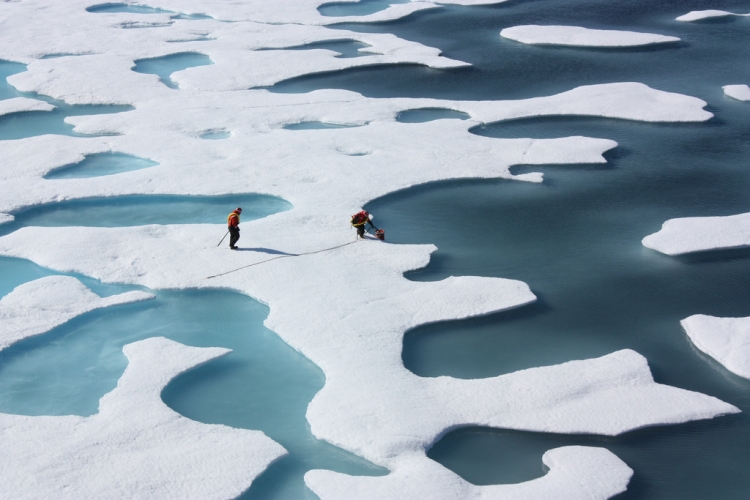A Reminder to Help Save Our Planet

In light of President Trump signing an executive order backing the construction of the Dakota Access and Keystone pipelines, as well as appointing Scott Pruitt to the Environmental Protection Agency (EPA) a reminder to help save the environment is in order. Even though most students at AUP are aware of the crisis, there may be some questions as to how harmful these decisions are for the environment.
What are the Dakota Access and Keystone Pipelines?
The Dakota Access pipeline is an underground oil pipeline that travels from North Dakota to Illinois and is meant to transport about 470,000 barrels of crude oil. The pipeline was suspended well into its production for threatening to contaminate Standing Rock Sioux Tribe's drinking water, which could damage sacred burial sites and perpetuate the emission of fossil fuels.
Similarly, the Keystone XL Pipeline is another underground pipeline running from Canada to Nebraska, where it would meet another pipe to carry barrels of oil each day. In March, 2010 President Barack Obama prevented the issue of the permit required to build the pipeline in the United States under the Environmental Protection Agency's advisement. Consequences of building the pipeline include risk of spillage, impacting the fragile Sandhills' ecosystem, and releasing chemicals into the ground water and Athabasca River.
Trump issued the permits to build within days of his presidency.
How can this cause irreversible damage to the environment?
Appointing Scott Pruitt (who openly denies climate change) to lead the EPA could potentially put the Earth in irreversible danger. According to The Fifth Assessment Report (AR5), the climate "debate" is over, and climate change is happening now as we enter a new geologic epoch. Climate change does not simply mean slightly erratic weather. Floods, wildfires, droughts, sea levels rises and oceans acidifying are only a few of the alarming consequences of not acting now. These results are mostly caused by burning fossil fuels, the "Four Deadly Gases": carbon dioxide, methane, nitrogen oxides and F-gases and the rest by deforestation and agriculture. These causes affect our Earth as much as they affect every human and animal that lives on it. When most people think about climate change they picture the iconic image of polar bears on melting ice caps. Although this is true, this is not the only impact of the Earth rapidly heating up. Climate change also indicates species declines, disease spread, coastal displacement and more.
Video Credit: Vimeo/WelcomeAnthropocene
What can you do?
I am preaching to the choir when I say that climate change is real and happening. However, acknowledging the situation and taking it upon yourself to do something about it are two very different things. Although taking fewer or shorter showers, remembering to bring your reusable bag to the grocery store, and signing a few petitions on change.org is good, here are some more tips on how to help.
1. Educate yourself
I highly recommend watching the documentaries like Before the Flood and visiting their website to learn even more!
2. CALL your senators and representatives
Emailing is a nice gesture, but calling and letting your representatives know that you care about the environment and that they should too is much more effective.
Directory of Representatives
Senate phone numbers
3. Consider changing your diet
Animal agriculture is responsible for consuming the majority of water in the Unites States and livestock produces a lot of greenhouse gases. Buying less meat and being vegetarian or vegan for even a few days a week could help more than you think.
4. Shop responsibly!
Both in the grocery store and in department stores. Clothes that are thrown away in the United States end up in landfills that contribute to the problem of waste. Try thrift shopping to be more environmentally friendly, and read this article on sustainable fashion to learn more.
Don't let the Earth crumble before our eyes, help save it!







